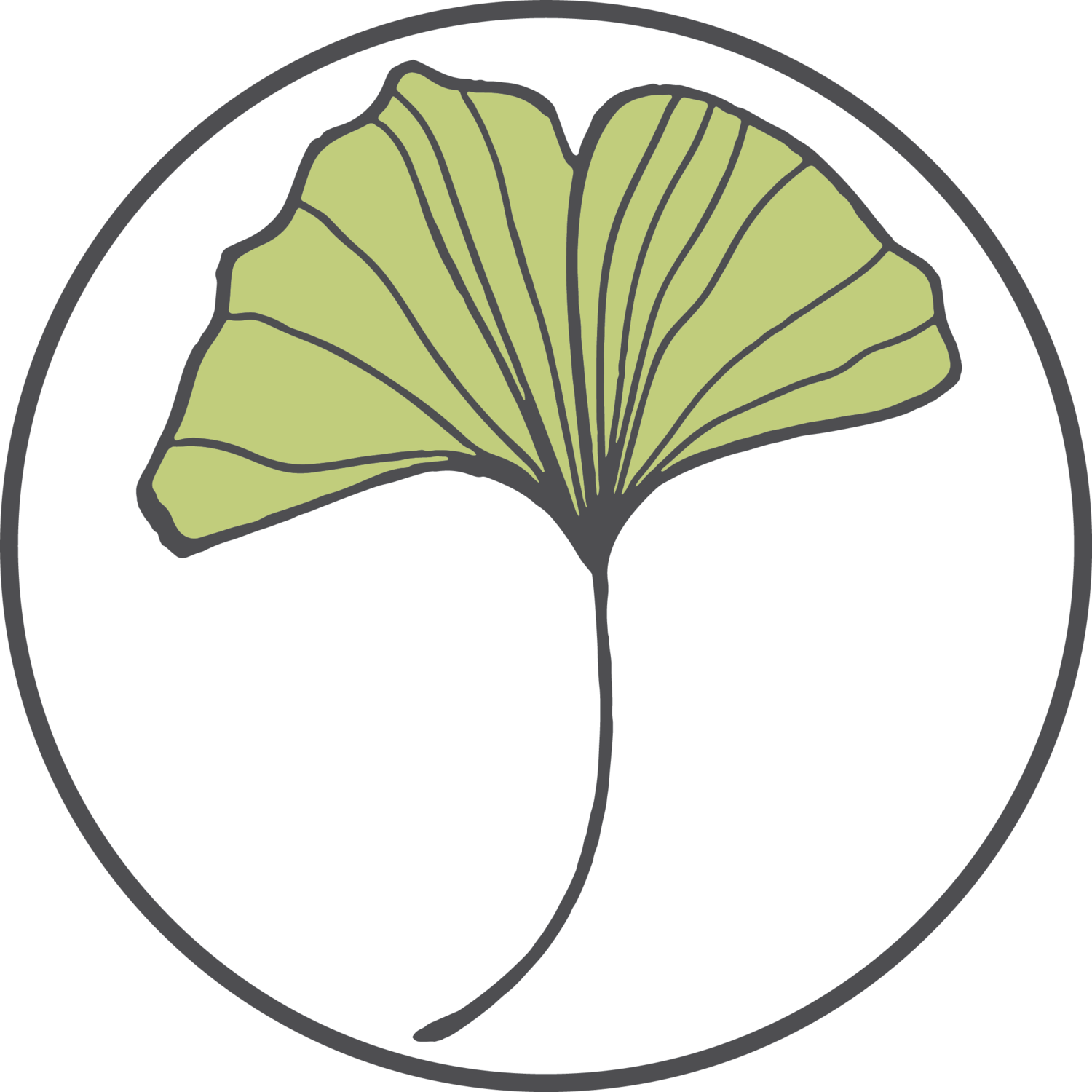The World Health Organisation (WHO) recognises acupuncture as a viable treatment option for various conditions. In a report published in 2003, the WHO listed a range of diseases and disorders for which acupuncture has shown effectiveness based on clinical trials. These conditions include:
Respiratory Disorders: Acute sinusitis, acute rhinitis, common cold, acute tonsillitis, bronchial asthma (in children and adults).
Musculoskeletal Disorders: Muscle pain, joint pain, sciatica, osteoarthritis, frozen shoulder, tennis elbow, lower back pain, neck pain, and fibromyalgia.
Neurological Disorders: Headaches and migraines, facial palsy (early stage), peripheral neuropathies, trigeminal neuralgia, post-stroke rehabilitation, and Bell's palsy.
Gastrointestinal Disorders: Gastritis, hyperacidity, colitis, irritable bowel syndrome, constipation, diarrhea, and gastroesophageal reflux.
Gynecological and Reproductive Disorders: Painful periods, premenstrual syndrome (PMS), infertility, and induction of labor.
Psychological Disorders: Depression, anxiety, stress, insomnia, and addiction control.
The effectiveness of acupuncture may vary depending on individual circumstances, and it is always advisable to consult with qualified healthcare professionals to determine the most appropriate treatment options for specific conditions. Acupuncture sessions can address multiple issues listed above during each treatment. For example a new client may come in with insomnia, anxiety and muscle pain and IBS and acupuncture may effectively treat all these issues. Please note, scientific research and medical practices continue to evolve, so there may be many more recent updates or developments over the last two decades.
